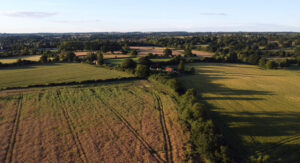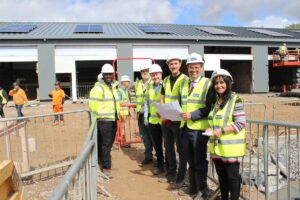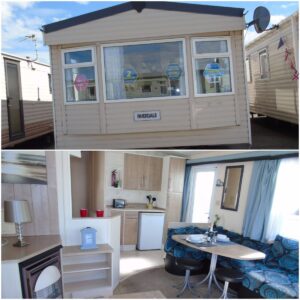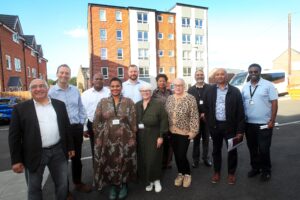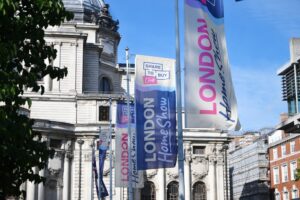10 Planet First Features For Modular Constructions
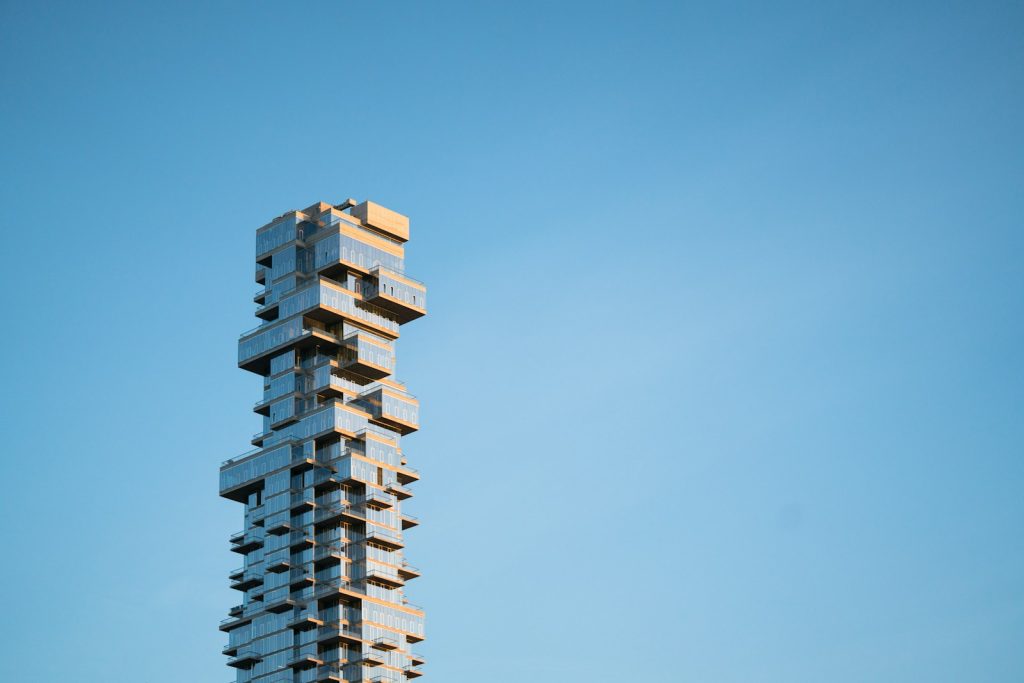
Modular construction is inherently sustainable, but incorporating eco-friendly features can elevate its environmental benefits even further. From renewable energy solutions to nature-inspired designs, these additions not only reduce carbon footprints but also enhance comfort and efficiency. Discover 10 innovative, green upgrades to make your sustainable modular construction project a true eco-friendly haven.
10. Solar Panels
Solar panels are a sustainable energy solution for modular construction, converting sunlight into electricity to power the building, reducing energy bills, offering long-term savings and increasing property value. There are various types of solar panels, offering different advantages, including monocrystalline (efficient and durable), polycrystalline (cost-effective) and thin-film panels (lightweight and flexible).
With modular buildings often designed for energy efficiency, solar panels are ideal as they can be installed on rooftops, integrated into wall cladding or positioned on nearby structures, whilst seamlessly enhancing sustainability and lowering carbon footprints by reducing reliance on fossil fuels.
9. Rainwater Harvesting Systems
Reducing dependency on mains water, rainwater harvesting systems collect and store rainwater for reuse, making them popular additions to modular construction. These systems lower water bills, provide a sustainable water source and add value to the property, whilst conserving water, reducing stormwater runoff and minimising strain on public water supplies. These systems can be placed on the rooftop, below ground or wall mounted to collect and reuse rainwater for irrigation, flushing toilets or even potable water systems with filtration.
There are different types of rainwater harvesting systems available, offering varying benefits, including direct-pumped systems (versatile and easy to install), gravity-fed systems (energy-free) and underground storage tanks (space-saving).
8. Green Roofs
Green roofs transform modular buildings into sustainable spaces by incorporating vegetation atop the structure, improving insulation, lowering heating and cooling costs while extending roof lifespan by protecting against weathering. Environmentally, green roofs reduce urban heat, manage stormwater by absorbing rainfall, enhance biodiversity by providing habitats for plants and wildlife and improve air quality by filtering pollutants. Green roofs are ideal for flat or gently sloped modular buildings, seamlessly integrating nature, boosting both functionality and aesthetic appeal while promoting eco-friendly living.
7. Energy-Efficient Windows And Insulation
Energy-efficient windows and insulation enhance the sustainability of modular construction by minimising energy loss. They ensure consistent indoor temperatures, reducing heating and cooling costs while enhancing comfort. These features also increase property value and decrease reliance on energy-intensive systems, whilst lowering carbon emissions by reducing energy consumption, contributing to a greener footprint. Double or triple-glazed windows with low-E coatings and advanced insulation materials, such as recycled fibreglass or foam, prevent draughts and heat loss.
6. Smart Home Technology
Integrating automated systems for energy, lighting and climate control, such as smart home technology offers convenience, security and cost savings by optimising energy use and reducing waste. Features like smart thermostats, lighting and appliance control improve efficiency, creating a comfortable, tailored living experience. Environmentally, these technologies minimise energy consumption, lowering carbon footprints and promoting sustainability. Modular buildings equipped with smart systems can adapt to renewable energy sources, such as solar panels, for further eco-benefits. This technology aligns modular construction with modern lifestyles, combining functionality, efficiency and environmental responsibility.
5. Recycled And Sustainable Materials
Using recycled and sustainable materials in modular construction promotes eco-friendly building practices. For owners, these materials offer cost savings, durability and aesthetic appeal, enhancing property value while contributing to a unique design. Reclaimed wood, recycled steel and sustainable options like bamboo or cork reduce waste and support ethical sourcing. Environmentally, they conserve natural resources, lower carbon emissions and divert waste from landfills. Modular construction’s off-site assembly further optimizes material use, minimising waste. Incorporating these materials fosters a circular economy, creating buildings that are not only efficient and stylish but also responsible and aligned with sustainability goals.
4. Biophilic Design Elements
Connecting occupants with nature, enhancing well-being and productivity, biophilic design elements such as living walls, indoor plants and natural materials create inviting, healthier spaces, boosting property appeal and occupant satisfaction. These elements improve air quality and reduce stress, creating a harmonious indoor environment. Biophilic design supports sustainability by incorporating natural light, energy-efficient ventilation and eco-friendly materials, reducing reliance on artificial resources. Modular buildings designed with biophilic principles blend seamlessly with their surroundings, promoting biodiversity and eco-conscious living while offering a modern, functional and inspiring approach to sustainable construction.
3. Geothermal Heating And Cooling Systems
Geothermal heating and cooling systems provide modular buildings with an efficient, sustainable climate control solution, providing significant energy savings, reduced utility costs and long-term reliability with minimal maintenance. Geothermal systems dramatically lower greenhouse gas emissions compared to traditional HVAC systems, reducing the building’s carbon footprint, and modular construction’s streamlined design makes integrating geothermal systems seamless, enhancing energy efficiency. These systems support renewable energy goals, combining modern technology with eco-friendly practices for a sustainable, cost-effective and comfortable modular living or working environment.
2. Composting And Waste Management Solutions
By reducing waste, composting and waste management solutions in modular construction promote sustainable living through converting organic waste into nutrient-rich compost for gardening, minimising disposal costs. Efficient waste separation and recycling systems ensure proper handling of materials, reducing clutter and improving cleanliness. Composting and waste management solutions divert waste from landfills, decreasing methane emissions and conserving natural resources, aligning with sustainable living goals, empowering owners to manage waste responsibly while supporting a cleaner, healthier environment.
1. Efficient LED Lighting And Daylight Maximisation
Efficient LED lighting and daylight maximisation enhance modular construction by reducing energy consumption and improving occupant comfort. LED lights lower electricity bills, last longer and require minimal maintenance, whilst maximising natural light through large windows, skylights or strategic building orientation creates brighter, more inviting spaces, reducing reliance on artificial lighting. Modular construction’s flexible design integrates these elements seamlessly, creating energy-efficient, sustainable buildings that are both cost-effective and environmentally responsible while enhancing the overall living or working experience.
Improve Your Green Efficiencies
Making your modular building more sustainable is a rewarding step toward protecting the environment and enhancing your property’s efficiency. At MPB, we pride ourselves on offering high-quality modular construction with incorporated sustainable features and the option of going further in the drive to planet first approaches. Whether it’s incorporating renewable energy solutions, green materials or smart technologies, get in touch with MPB for tailored advice and innovative solutions to bring your eco-friendly vision to life. Call on 01889 274 406, drop us an email at admin@mpbltd.co.uk or, if you already know what you are looking for, simply request a FREE no-obligation quote.
Image source: Unsplash
